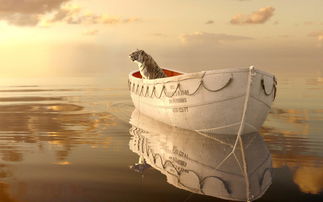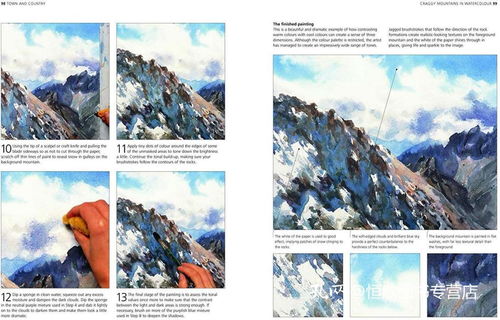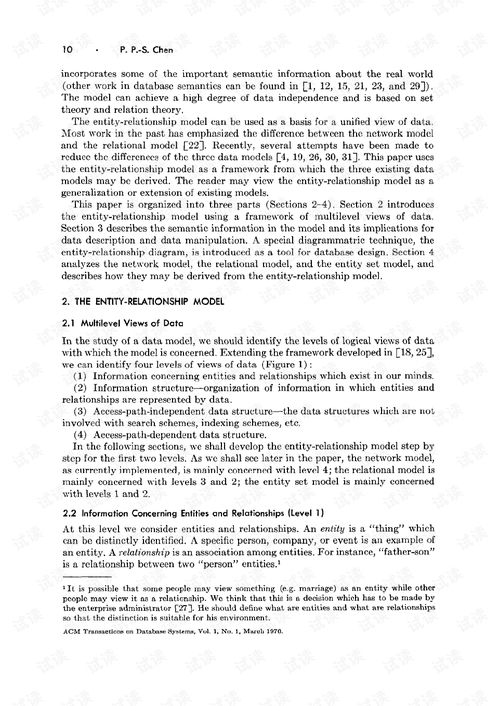Content:
Introduction: Fishing, an age-old pastime, has captivated anglers across the globe with its serene beauty and the thrill of the catch. Whether you are a seasoned fisherman or a beginner looking to cast your line into the waters, there are several essential fishing tips that can help you improve your skills and increase your chances of success. In this article, we will provide a comprehensive guide to some of the best fishing techniques and tricks to help you become a master angler.
Choose the Right Equipment: Before you step into the water, it's crucial to have the right equipment. Here's a brief overview of the essential gear you'll need:

a. Rod and Reel: The choice of rod and reel depends on the type of fishing you plan to do. For freshwater fishing, a spinning rod and reel are versatile and suitable for most situations. For saltwater fishing, a baitcasting rod and reel might be more appropriate.
b. Line: The type of line you use should match the type of fish you are targeting. Monofilament, fluorocarbon, and braided lines each have their advantages and disadvantages. Research the fish species and water conditions to determine the best line type.
c. Lures and Bait: Lures come in various shapes, sizes, and colors, designed to mimic the movement and appearance of real fish. Live bait, such as worms, minnows, or crickets, can also be effective. Experiment with different lures and baits to see what works best in your fishing environment.
Learn the Basics of Casting: A good cast is the foundation of successful fishing. Here are some tips to improve your casting technique:
a. Hold the rod correctly: Grip the rod with a comfortable, yet firm, handshake. Keep your wrist loose and your elbow close to your body.
b. Position your feet: Stand with your feet shoulder-width apart and position your body at a 45-degree angle to the water. This stance provides stability and balance.
c. Wind-up and cast: Start by winding up the rod with a smooth, controlled motion. As you reach the top of your backswing, pause for a moment, then release the line with a quick, upward flick of your wrist.
Master the Art of Patience: Fishing is a test of patience. Here are some tips to help you stay calm and focused:
a. Take your time: Don't rush your fishing trip. Spend time setting up your gear and getting comfortable in your surroundings.
b. Observe the water: Pay attention to the water's surface and any movement that might indicate the presence of fish. Patience pays off as you wait for the perfect moment to cast.
c. Stay quiet: Make sure to keep noise to a minimum, as fish can be easily spooked by loud noises.
Understand Fish Behavior: To catch fish, you need to understand their behavior. Here are some tips to help you predict and capitalize on fish activity:
a. Study the weather: Fish tend to be more active during overcast days or during the cooler parts of the day. Pay attention to weather patterns and adjust your fishing schedule accordingly.
b. Learn about fish habits: Different fish species have specific feeding and migration patterns. Research the species you are targeting to understand their habits and preferences.
c. Use the right bait and lure: Match your bait and lure to the fish's natural food sources. This will increase your chances of attracting them to your lure.
Be Prepared for Emergencies: Fishing can be unpredictable, so it's essential to be prepared for emergencies. Here are some tips to help you stay safe and equipped:
a. Carry a first aid kit: In case of minor injuries, a first aid kit can be a lifesaver.
b. Check the weather forecast: Before heading out, check the weather forecast to ensure safe conditions for your fishing trip.
c. Tell someone where you are going: Inform a friend or family member about your fishing plans, including the location and expected return time.
Conclusion: Fishing is a rewarding hobby that can be enjoyed by anglers of all skill levels. By following these essential fishing tips, you can improve your technique, increase your chances of catching fish, and have a more enjoyable experience on the water. Remember to always respect the environment and practice ethical fishing practices. Happy fishing!












